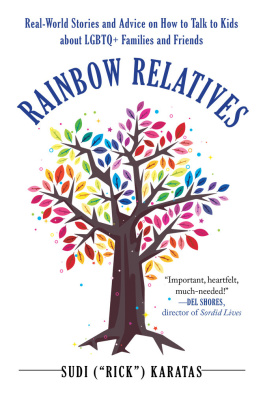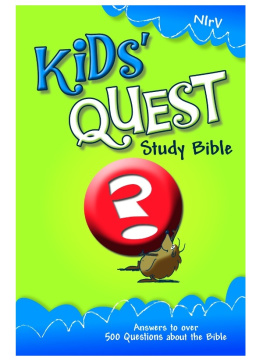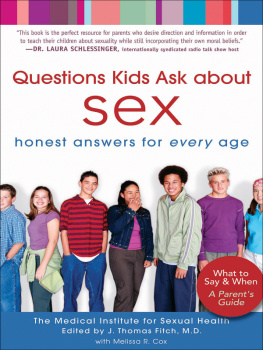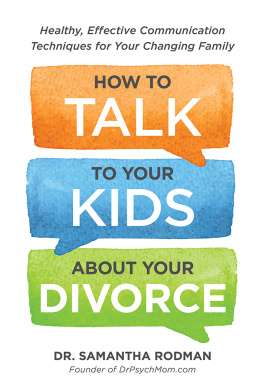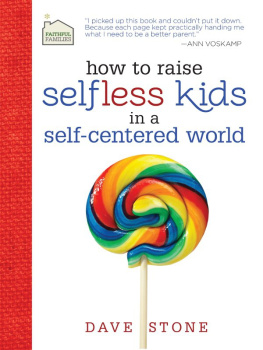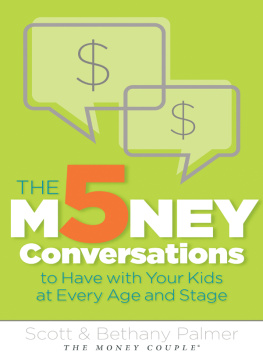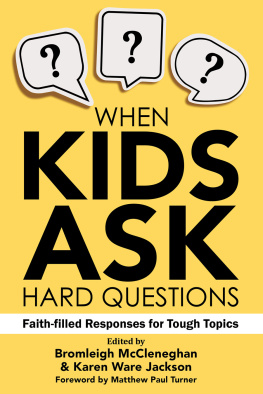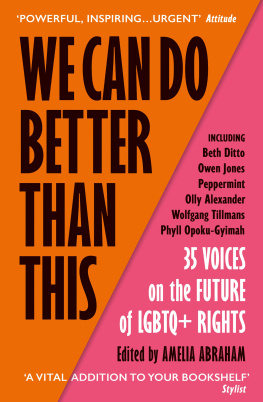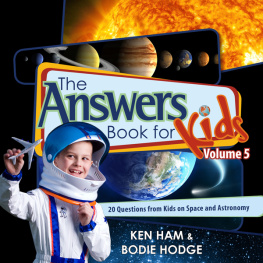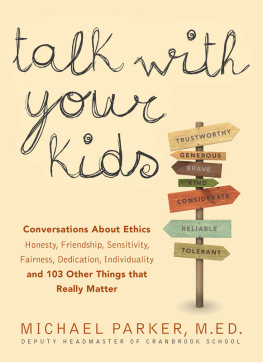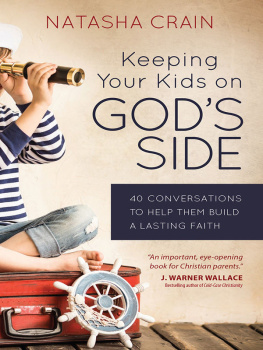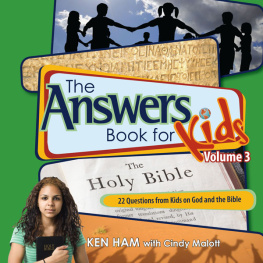

This book is dedicated to nieces and nephews Jamie, Jo Jo, Tony, Brian, Kara, and Danny.
Copyright 2018 by Sudi Karatas
Noted portions of the book used with permission from organizations such as COLAGE (Children of Lesbian and Gays Everywhere) and Family Equality Council.
All rights reserved. No part of this book may be reproduced in any manner without the express written consent of the publisher, except in the case of brief excerpts in critical reviews or articles. All inquiries should be addressed to Skyhorse Publishing, 307 West 36th Street, 11th Floor, New York, NY 10018.
Skyhorse Publishing books may be purchased in bulk at special discounts for sales promotion, corporate gifts, fund-raising, or educational purposes. Special editions can also be created to specifications. For details, contact the Special Sales Department, Skyhorse Publishing, 307 West 36th Street, 11th Floor, New York, NY 10018 or .
Skyhorse and Skyhorse Publishing are registered trademarks of Skyhorse Publishing, Inc., a Delaware corporation.
Visit our website at www.skyhorsepublishing.com.
10 9 8 7 6 5 4 3 2 1
Library of Congress Cataloging-in-Publication Data is available on file.
Cover design by Jane Sheppard
Print ISBN: 978-1-5107-3173-8
Ebook ISBN: 978-1-5107-3174-5
Printed in the United States of America
Contents
Introduction
The idea for this book was born during a phone conversation with my sister, who lives with her family in another state. I had asked if her three school-aged kids knew about my sexual orientation. She said she wasnt sure and wondered how and when to tell them. She paused for a moment and then said, I wish there was a book on that. That night, I decided I should write that book.
Not only did I not know if my nieces and nephews were aware that I was gay, but I wasnt even sure if some of my adult relatives knew. Many of them live outside the United States and I dont see them often enough that the topic had ever come up. It had been hard enough when I finally decided to tell my parents and brothers and sistersI had waited until I was in my thirties. Even today, in an age when its supposed to be much easier and more accepted, I know many gay adults in their thirties and forties who are still not out to their parents. Will it ever become easier for families to have this conversation?
I decided the best way to find out was to talk to others who have been in my shoes about how they handled it. How did their families react? How did the children in their families react? I collected stories from friends, acquaintances, and strangers. I sent out surveys and interviewed people who are LGBTQ (Lesbian, Gay, Bisexual, Transgender, Queer). I talked with straight people who have gay relatives. I asked every demographic of LGBTQ parents and even children of LGBTQ parents about their experiences. I also interviewed some therapists and some openly gay/lesbian/transgender celebrities. Many of the names used in the stories and surveys have been changed, except where people gave permission to use their real names.
This book is not based on science or textbook theories, just real stories from real people. Its intended to be a straightforward, informative, entertaining, and humorous guide to help parents, uncles, aunts, teachers, and other trusted adults find the language and methods to discuss and educate children (ages three to seventeen) on the subject of nontraditional sexuality. It considers families from all different cultural and religious backgrounds and is especially geared toward helping those who live in more conservative communities. A number of books deal with the topic of coming out, but very few focus on the kids who are related to, or are simply close to, the people who come out.
This is the first book to tackle this topic directly and to demonstrate different ways that real individuals have explained the diversity of sexuality to kids. Even more important, as I learned from many people I interviewed, this book will also help us learn from kids and their mostly accepting and unpretentious reactions. Perhaps the most important thing that I learned from writing this book, and through the many great films, books, and people that I was exposed to, is that kids are much more aware than they get credit for, and this is a conversation every one of them should have, whether or not it relates to a family member.
You may find the stories educational and entertaining, even if certain subjects dont apply to you specifically. Some testimonials may simply help you feel like you are not alone and provide you with some comfort. If you are seeking some quick tips in certain areas, these can be found in boxes that contain approved materials from several organizations like PFLAG, Family Equality Council, and COLAGE, among others.
Each chapter has stories, interviews, or experiences that either offer advice or allow you to draw your own conclusions to decide what is best for your family. I add my own two cents here and there as well. As such, youll notice that some of the advice and opinions may vary or even contradict each other. An approach to having these conversations with your children is not set in stone nor one size fits all; every child is different, as is every situation, so please take what you need from what you read and feel free to toss the rest. These are just ideas to inspire families to have these conversations.
Well begin with a chapter about LGBTQ aunts, uncles, and family members. This opening chapter is very dear to my heart, as it reflects my experiences as a gay uncle. Well then move into speaking with children about parents who come out as LGBTQ and then consider the childrens perspectives as we discuss what they may encounter in places they frequent, such as school and church. Psychologists, therapists, and a few celebrities will weigh in with advice theyve drawn from their own experiences with clients or family and friends, and then well wrap up with some information on communities, peer groups, and media that may help you talk to your children aboutand help your children understandtheir LGBTQ family members.
I hope you enjoy Rainbow Relatives and find it helpful for your families.
Sudi (aka Rick) Karatas
CHAPTER 1
A Monster Wasnt In Your Closet
(But Your Uncle Was)
When my nephew was thirteen years old, his Christmas wish list included the movie I Now Pronounce You Chuck and Larry, a movie about two men pretending to be gay and getting married for health-care benefits. He was already an Adam Sandler fan and thought the premise of the movie sounded pretty funny. At the time, I wondered if he might be too young for a movie with that subject matter and thought perhaps it was better if he didnt see it. (Okay, so maybe I thought he shouldnt see it because it had a ridiculous plot.) But I was also concerned because I had no idea if my nephew knew his uncle is what Chuck and Larry were pretending to be. I decided not to buy it for him, but someone else bought him the movie anyway.
Is Younger Better?
As I did research for this book, I realized not only was my nephew old enough to watch a film with a gay theme, but that younger is probably better for children to be introduced to people who are different in a few ways yet the same in so many others. The consensus of the people I interviewed was that its easier to be more accepting at an earlier age before kids are exposed to outside influences that may lead to forming negative beliefs or homophobia.
Next page
